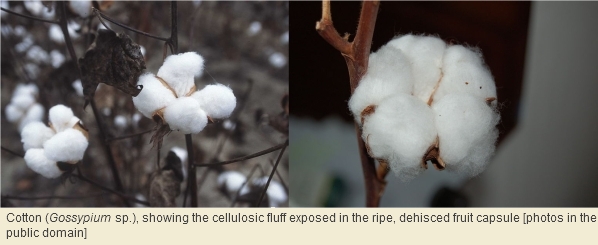
by BioEdge | Mar 6, 2013 | Site Content
On the face of it, cellulose is the most mundane of biological products. Everyday cotton. When you put on pyjamas of 100% cotton, you’re donning a product made simply from one natural polymer called cellulose, produced directly by plant cells, harvested by...
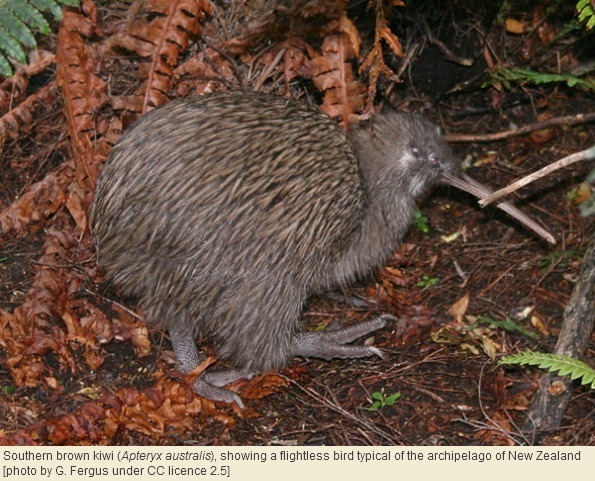
by BioEdge | Feb 19, 2013 | Site Content
If we survey the native faunas of the archipelagos of the world, it is birds rather than mammals that have, in general, succeeded on small patches of land isolated by sea. At first glance, this is unsurprising because the birds – or at least their ancestors – could...
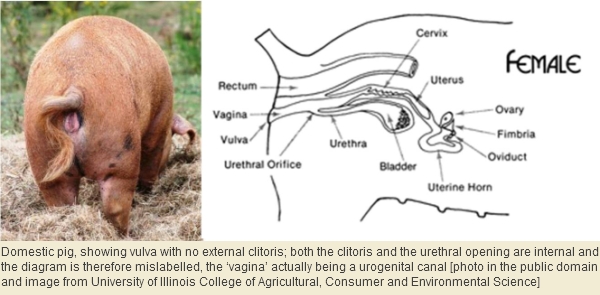
by BioEdge | Feb 15, 2013 | Site Content
Amputating[1] the clitoris is, by any standards, an abuse of the human body. As in the case of a hand amputated, some functions have been lost. But which functions, exactly? The answer ‘sexual pleasure’ is too simplistic. This is because a politically...
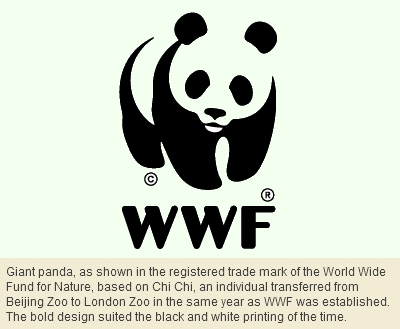
by BioEdge | Feb 6, 2013 | Site Content
Most biologists know that conservation of the giant panda is biased, but we introduce clarity here on three counts. Firstly, part of the bias is for pied colouration. Secondly, this piophilia deserves a name. Thirdly, piophilia seems to have contributed to the...
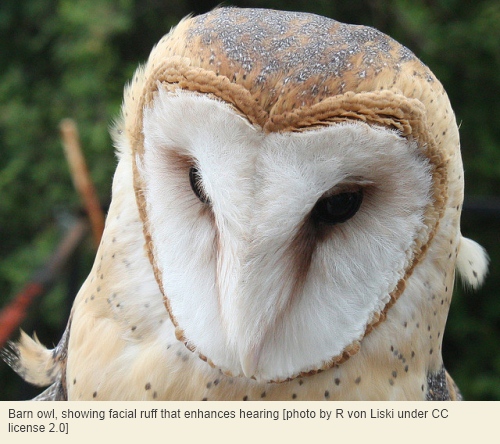
by BioEdge | Jan 11, 2013 | Site Content
‘Pinna’ means feather in Latin, and yet it’s mammals, not birds, that have an ear pinna: that auricle projecting from each side of your head. Okay, so no bird has external ears like those of mammals, but is this a biological trivium or a real...
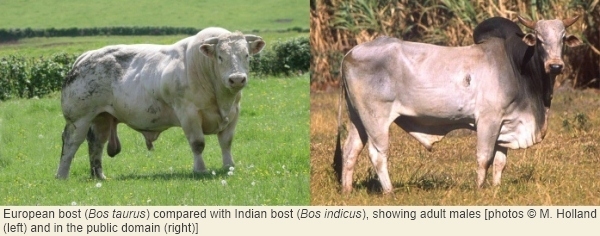
by BioEdge | Jan 4, 2013 | Site Content
English denies its prime animal species a name, showing the injustice of the vernacular. Mammalogists have no common or vernacular name for one of the most important animal species on Earth, Bos taurus. Why have we failed to name a species we humans ourselves created...







